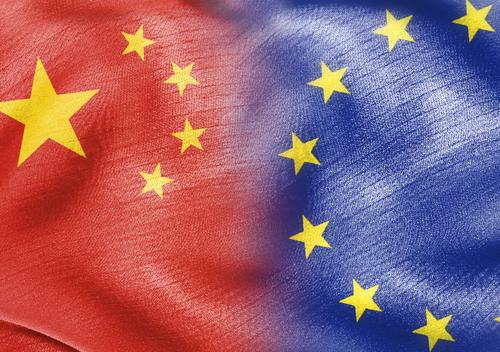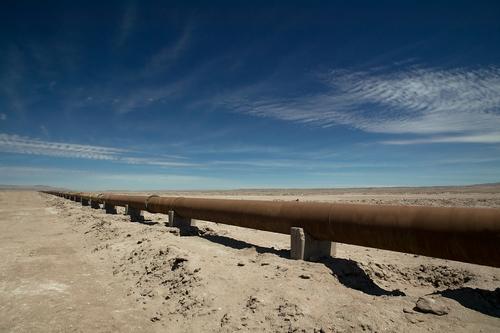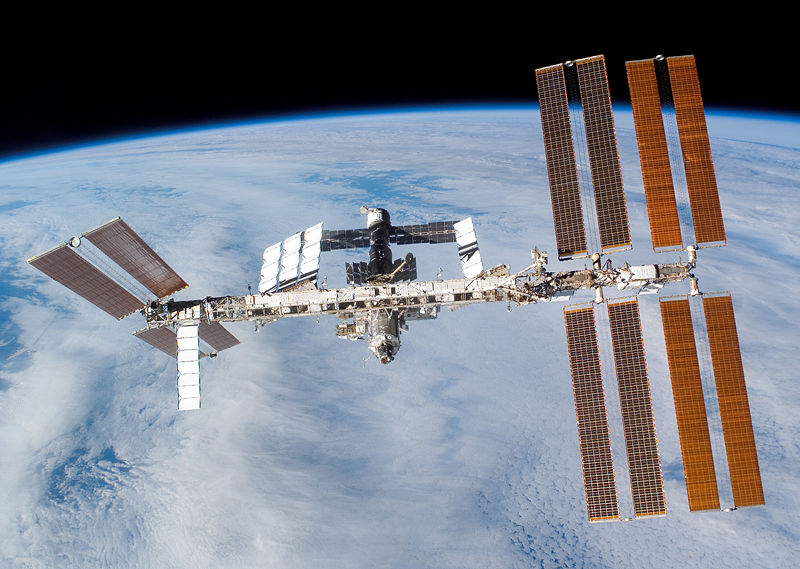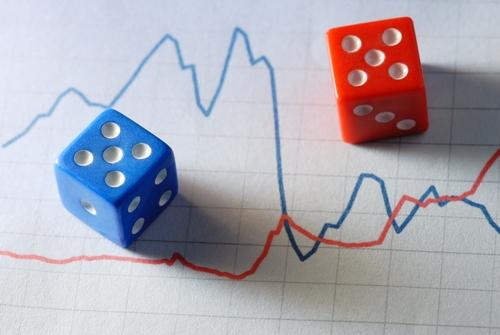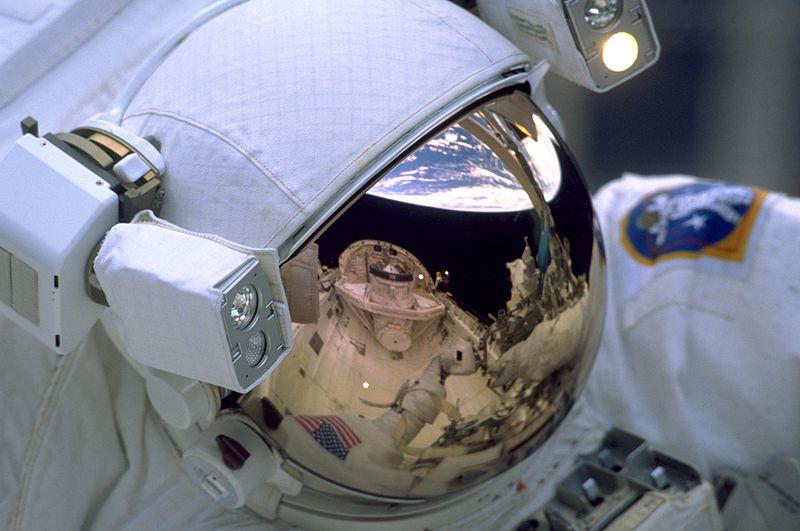Politics & Current Affairs
All Stories
It is commonplace to talk about the democratizing effects of social media but how exactly did Twitter enable the Arab Spring revolutions? Was it a one-time event or will it happen again?
The Chinese have been vocal about using their vast currency reserves to give financial supported to an indebted Europe. Their aim is to protect their own commercial interests.
The young revolutionaries who inspired and organized political protests during the Arab Spring took a backseat to Islamic political parties in the ensuing elections. Is that a bad thing?
Researchers who study the effects of sugar on the body say it should become a controlled substance. Biologically, it interacts with our body in ways similar to alcohol and tobacco.
What’s the Big Idea? On average, students pay $35,000 a year for the privilege of being educated at a private nonprofit American college. In December of 2011, indebtedness among college […]
“Give me your tired, your poor, your huddled masses yearning to breathe free…”Immigration is an integral part of the story Americans tell themselves about who they are. So why is it so difficult to immigrate here?
The Internet company has announced a new policy to block tweets in countries where the content of the message violates local law. Twitter points out there is a fairly obvious workaround.
After finding that the H5N1 bird flu virus can be willfully mutated and made communicable, a rare 60-day moratorium on research has been imposed. The study’s author argues testing must resume.
Julian Assange: Establishment outsider. Nobel Peace Prize nominee. Talk show host? Apparently so. The Australian founder of controversial website WikiLeaks will be at the helm of “The World Tomorrow,” a series […]
The court unanimously ruled that police officers who attached a GPS tracking device to a car without a warrant acted unconstitutionally. The case may set precedent for digital privacy.
Under an agreement negotiated today, all 27 European Union countries will sign no new oil contracts with Iran and stop importing all Iranian oil by July 1. How will Iran respond?
What’s the Big Idea? As the Assistant Secretary of Education in the first Bush administration, Educational historian Diane Ravitch became known for her push to establish national standards for K-12 […]
Islamic parties have won large majorities in the governments of Tunisia and Egypt although the revolutions of the Arab Spring were considered largely secular. How will the US react?
The United States, frequently backed by Britain, has consistently waged war against democracy at home and abroad. That war, practically never spoken of, continues today.
A 60-day moratorium has halted international research that produced a more communicable strain of the deadly H5N1 bird flu virus, the full findings of which will be reported only to scientists and health officials.
One need not read all 145 pages of the SOPA and PIPA bills to understand the debate in Washington DC. Big Think has provided a brief guide to the issue for your convenience.
In response to a federally mandated deadline of February 21, the Obama administration has rejected a Canadian company’s application to build an oil pipeline that crosses US territory.
According to the online community that has formed in opposition to the legislation, it amounts to online censorship. But is the controversy really about free speech, or is it just another showdown between rich and powerful Hollywood, and even richer and more powerful Silicon Valley? How will SOPA and PIPA affect everyone?
The international body that controls decisions over how to count time may decouple atomic clocks from the movement of the Earth around the Sun. That could mean problems down the line.
In April of 2010 I wrote my first blog about Greece in which I suggested that €30 billion would not solve or even impact the Greek problems. In that same […]
In a tumultuous year of social unrest stemming from the lack of economic opportunities, it should come as no surprise that income disparity rose to the top as a major threat to global economic stability.
Recently disclosed intelligence memos tell of how Israel’s intelligence agency impersonated CIA officers during the Bush administration, making Iran think that the US was killing its citizens.
Democratic institutions seem too slow to respond to long-term crises and too quick to react to market pressures, substituting the stock ticker for the ballot box. Is there any alternative?
Writing from Paris, Nicholas Kristof wonders why some of the GOP candidates are decrying Europe. There are serious financial problems, to be sure, but the society is healthier than America’s.
A new study is out that shows the influence of the oil and gas lobby over Congress, especially when it comes to approving the Keystone XL pipeline from Canada to the Gulf.
This February, the International Space Station will receive its first privately-built visitor, an unmanned Dragon capsule built by SpaceX, which eventually will carry astronauts aboard.
Neither, says Larry Summers, former Treasury Secretary and president of Harvard. In these tight times, health, education and social protection are the industries most in need of reinvention.
The information revolution has created more data than ever before. By crunching that data, scientists want to predict crime trends, the spread of disease, market behavior and more.
With Santorum, Romney and Paul taking the most votes in the Iowa Caucus, where do they stand on space exploration and the future of NASA? Will other candidates make space an issue?
From challenges over WikiLeaks to Anonymous, Twitter has established a record of standing up for its users’ rights. Now the sites is facing new censorship efforts from Homeland Security.

